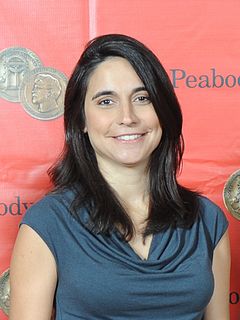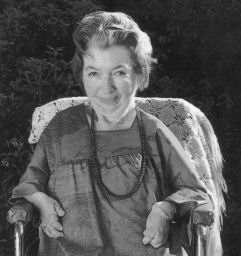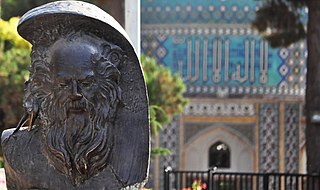A Quote by Henry Wadsworth Longfellow
The story, from beginning to end, I found again in a heart of a friend.
Related Quotes
It's only a story, you say. So it is, and the rest of life with it - creation story, love story, horror, crime, the strange story of you and I. The alphabet of my DNA shapes certain words, but the story is not told. I have to tell it myself. What is it that I have to tell myself again and again? That there is always a new beginning, a different end. I can change the story. I am the story. Begin.
I shot an arrow into the air, It fell to earth, I knew not where; For, so swiftly it flew, the sight Could not follow it in its flight. I breathed a song into the air, It fell to earth, I knew not where; For who has sight so keen and strong, That it can follow the flight of song? Long, long afterward, in an oak I found the arrow, still unbroke; And the song, from beginning to end, I found again in the heart of a friend.
Words are alive--when I've found a story that I love, I read it again and again, like playing a favorite song over and over. Reading isn't passive--I enter the story with the characters, breathe their air, feel their frustrations, scream at them to stop when they're about to do something stupid, cry with them, laugh with them. Reading for me, is spending time with a friend. A book is a friend. You can never have too many.
If the point of life is the same as the point of a story, the point of life is character transformation. If I got any comfort as I set out on my first story, it was that in nearly every story, the protagonist is transformed. He's a jerk at the beginning and nice at the end, or a coward at the beginning and brave at the end. If the character doesn't change, the story hasn't happened yet. And if story is derived from real life, if story is just condensed version of life then life itself may be designed to change us so that we evolve from one kind of person to another.
A love affair is like a short story--it has a beginning, a middle, and an end. The beginning was easy, the middle might drag, invaded by commonplace, but the end, instead of being decisive and well knit with that element of revelatory surprise as a well-written story should be, it usually dissipated in a succession of messy and humiliating anticlimaxes.
The critical element in meditation practice is beginning again. Everyone loses focus at times, everyone loses interest at times, and everyone gets distracted over and over again. What is essential, and also incredibly transforming, is realizing that we have the ability to begin again, without blaming or judging ourselves, without thinking we have failed, without losing heart, we can, and need to, constantly be beginning again.






































